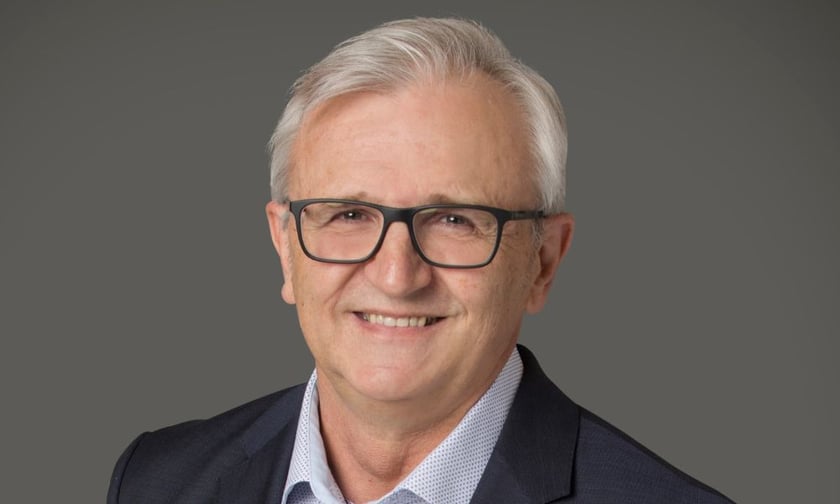

The Insurance Business Claims Leaders Summit Australia is taking place on May 9 in Sydney. One big issue on the mind of Daniel Lukich (pictured above) is how changes in the way not-at-fault third parties are being targeted by sections of the motor repair industry are causing claims costs to skyrocket.
“There’s obviously a massive focus on motor claims inflation for insurers,” he said. “The cost of repairs and the overall cost of a motor claim is worryingly increasing for a lot of insurers.”
Lukich is sales and strategic relationship manager for AAMC, one of Australia’s largest providers of motor accident management services. His firm manages more than 120,000 motor claims per year, with a high percentage from the broking sector.
Find out more: Attend the Claims Leaders Summit
“A lot of the commentary seems to be around the growing complexity in motor vehicle design and manufacture, electric vehicles and other evolving vehicle technology coming to market,” said Lukich. “What can’t be overlooked is the massive increase in not-at-fault third party activity and how some players in the sector are applying ever evolving sophistication in maximizing profits around the cost of car repair and the provision of replacement (hire) cars.”
He said this issue concerns motor insurance claims where a policyholder’s vehicle hits someone else.
“These third parties are being targeted by a growing number of organisations that have built business models around taking control and facilitating the recovery aspect from the at-fault insurer,” said Lukich.
He said they use sophisticated methods to capture third parties and are usually much faster than the at-fault insurer. In this way, said Lukich, these firms can take control of the estimating, repair, assessment and provision of the replacement car.
“It’s an appealing option for a not at fault party as they are immediately provided with a replacement vehicle and do not have to go through the whole process of lodging a claim with their own insurer,” he said.
The AAMC claims expert said there are two types of third parties involved in these motor claims.
“There’s the third party that hits your policyholder, which the insurer can recover costs from, then there’s a not-at-fault third party where the policyholder has caused the damage,” he said. “Insurers have a degree of control over the cost in the former but it’s the not at-fault third parties that are easy to exploit.”
This exploitation, he said, is done by operators who run their business based on extracting the maximum amount possible for the damage incurred and the provision of a replacement car. They do this, said Lukich, by getting the not at-fault third party to sign over their rights and then arranging the car assessment, a hire car and then litigating against the insurer for the costs.
Lukich said this problem has existed for a number of years but recently “has rapidly accelerated as these entities have grown in number and have become very sophisticated in their practices.”
He said about 30% of a motor insurer’s claim portfolio involves a not at-fault party.
“The average cost of these third-party demands has risen at a much greater rate than that of the repairs for policyholders’ claims,” said Lukich. “I think the insurers would benefit greatly by being much more proactive when they identify that their customers hit somebody.”
He said from the point of the ‘first notification of loss’, insurers have an opportunity to control these claims by offering to take care of the damage through a managed repair program. They could also, he said, provide a replacement vehicle “at a fraction of the cost of some of the demands we’re seeing today.”
Lukich said the tendency of insurers to focus purely on the insured’s vehicle and not the third party’s, “plays into the hands of the players in this sector.”
“In other words the industry hasn’t moved fast enough with strategies to counteract the sophisticated methods that the not-at fault-practitioners have got in place,” he said. “The insurers could also to do much more in educating their policyholders about what to do, and not to do, in the case of a claim when they’re not at fault.”
The Claims Leaders Summit Australia is taking place at The Fullerton Hotel in Sydney on May 9. You can find all the information on the event and register to attend here.
